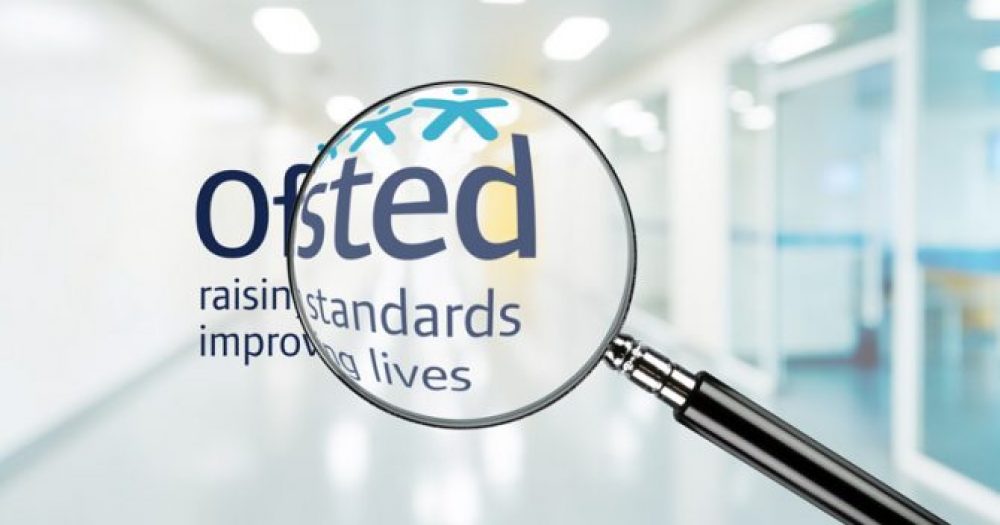Ofsted has ditched a temporary policy allowing schools and FE providers to request inspection deferrals because of Covid disruption, a move dubbed “premature” by a sector leader.
The inspectorate has today updated multiple parts of its guidance for the new academic year.
Other updates include strengthening its inspection code of conduct and new checks that governors are “doing all they can” to limit children to online harm.
Here is a round-up of the changes…
1. Ofsted ditches Covid deferral guidance
A temporary policy brought in to help schools, colleges and training providers badly hit by Covid disruption defer their inspection has been ditched by Ofsted.
The inspectorate has removed a section of guidance about Covid-19, which had explicitly made clear providers concerned about the timing of visits “can request a deferral”.
It previously acknowledged Covid posed a “unique set of challenges”, and said every request would be judged “on its own merits, in line with this policy”.
Education providers were encouraged by ministers to request deferrals when “significantly impacted” by Covid staff absences.
But now Ofsted’s pre-Covid deferral policy has been restored, stating there are only “limited” circumstances for acceptable deferrals. An accompanying list make no references at all to Covid – though is “not exhaustive”.
While it was expecting the policy would be ended, Geoff Barton, general secretary of the Association of School and College Leaders, said it was “premature given that it is likely that there will be further waves of infections during the autumn and winter which will cause disruption to schools and colleges”.
He said inspections should not go ahead where there are large staff and student absences as schools “will clearly not be operating as normal” and risk worse judgements.
“Ofsted must continue to take requests for deferral seriously in these circumstances,” he added.
2. Inspection code of conduct strengthened
Ofsted says it has “strengthened” its code of conduct. Now, during an inspection or visit, inspectors will explain conduct expectations and ask schools, colleges and training providers to read them.
Education providers will be told “any concerns that the inspection team has not acted in accordance with the code” should be raised “as soon as possible”.
“This is in order to resolve issues before the inspection or visit is completed, where possible. At appropriate points, inspectors will confirm with providers that they have provided or given access to all relevant evidence.”
At the end of the inspection, the lead inspector will remind providers they must have also met conduct expectations, including being “transparent and honest and providing all relevant guidance to allow for a fair and accurate outcome.”
To do this, education providers should not be “withholding or concealing evidence or providing false, misleading, inaccurate or incomplete information.”
Education providers should also make inspectors aware of any CCTV cameras and ensure there is a “private room” without cameras available for inspectors to talk about inspection evidence and hold confidential discussions.
3. Governors should ‘limit risks’ of online harm
Previous inspector guidance said that schools and colleges should have appropriate filters and monitoring systems in place to protect children from online harms and cyber security risks.
But the update today goes a bit further, and says inspectors should consider whether governing bodies and proprietors “do all that they reasonably can to limit children’s exposure to any risks from the school or college’s IT system”.
It adds: “As part of this process, governing bodies and proprietors ensure that their school or college has appropriate filters and monitoring systems in place to protect children from potentially harmful content, and regularly review their effectiveness.”
In other updates on safeguarding, Ofsted said staff should recognise that lesbian, gay, bisexual and transgender children may be targeted by other children.
So, staff should take steps to reduce “additional barriers” these students may face in speaking out by providing a safe space or member of staff who they can share their concerns with.
















Your thoughts